Description
Uganda’s economy relies heavily on agricultural cash and food crops, which contribute about 42% of the GDP and employ approximately 81% of the labor force. The livelihoods of the local population are intrinsically linked to agricultural production, making it highly vulnerable to climate variability and climate change. Over recent decades, Uganda has experienced an increase in the frequency and intensity of extreme weather events, including droughts and floods. These adverse effects of climate change have led to reduced agricultural output, negatively impacting food security, nutritional status, and the livelihoods of millions.
Climate change has also had far-reaching consequences on public health, the national economy, and natural resources, exacerbating existing vulnerabilities. The compounded effects of drought and other climatic stresses have weakened the resilience of local communities, limiting their capacity to adapt to these challenges. Strengthening Uganda’s adaptive capacity through innovative and sustainable agricultural practices is critical to safeguarding livelihoods, ensuring food security, and mitigating the impacts of climate change.

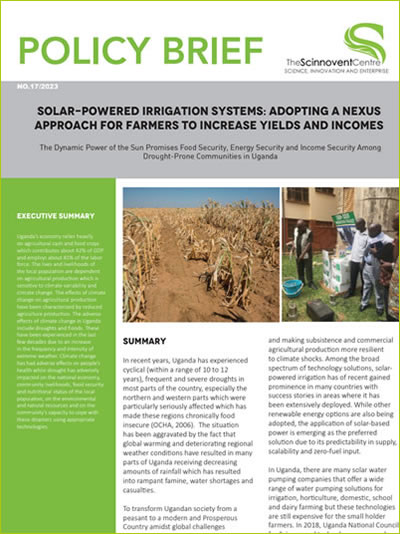
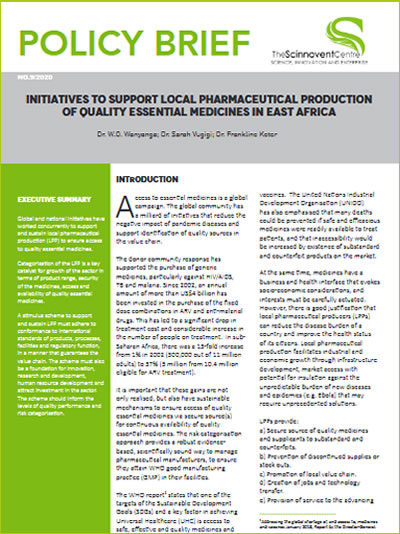
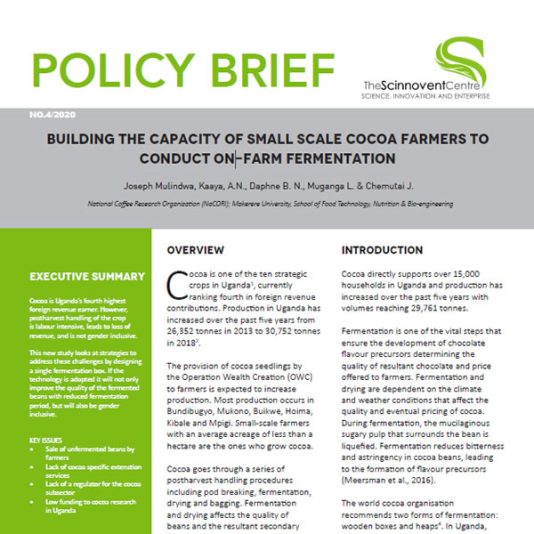
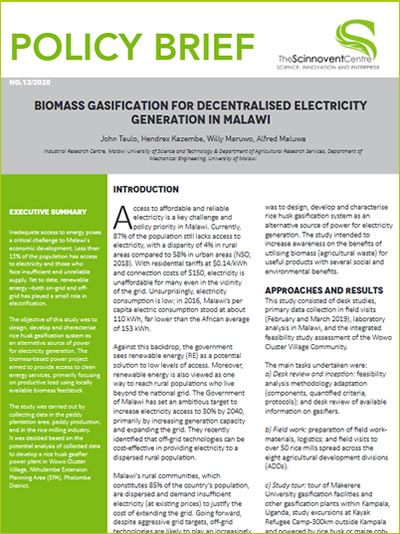

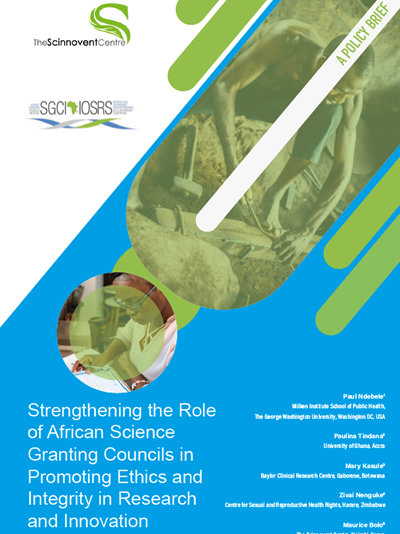
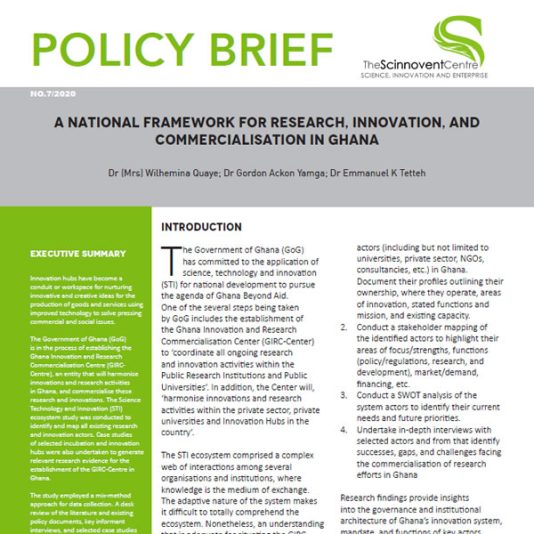
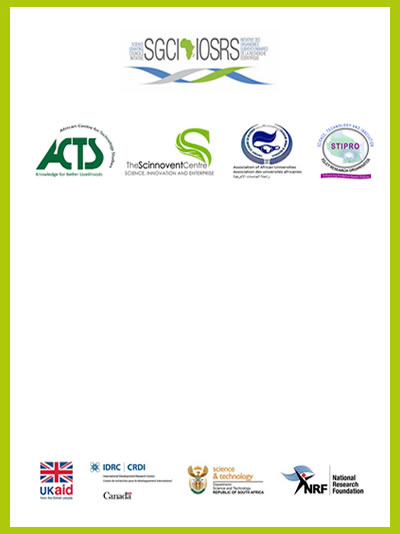
Reviews
There are no reviews yet.